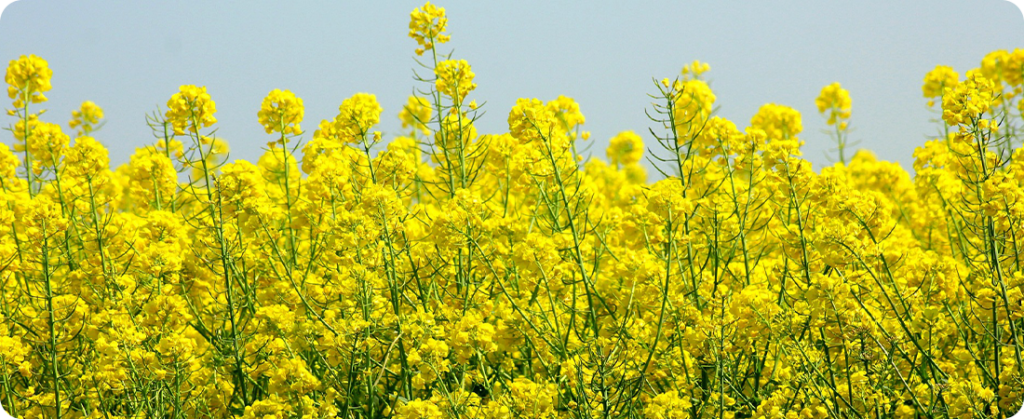
In marketing year (MY) 2022/23, German rapeseed oil exports increased by 19%. This resulted in a total of just under 1.3 million tons. This increase followed a significant decline in the previous year. The German Union for the Promotion of Vegetable Oil and Proteins (UFOP) released this data in a report.
However, exports were 6% lower than the volume achieved in MY 2020/21, according to the September 22 report.
The Netherlands remained the largest recipient country for German rapeseed oil in 2022/23, receiving shipments of just over 710,400 tonnes. This volume, however, was destined for export to destinations around the world. In the previous season, exports to the Netherlands were around 19% lower.
Belgium was the second largest importer of German rapeseed oil, receiving 110,800 tonnes – around 28% more than the previous year.
Other important destinations were Denmark, France and Norway. France, which purchased around 58,400 tonnes (10% less), remains an important market, according to the report.
Denmark received around 72,100 tonnes (an increase of 12%).
However, shipments to Norway showed the biggest increase, almost doubling the previous year's volume to 53,600 tonnes.
Exports of German rapeseed oil increase in several countries, highlighting its crucial role in the EU and in mitigating climate change
China, Sweden, the United Kingdom, Finland and Brazil also imported significantly more than in 2021/22, while deliveries to Poland, the Czech Republic and Switzerland declined.
“The development that exports have had highlights the importance that Germany has for the supply of rapeseed oil and… rapeseed meal for high-protein animal feed to the European Union,” said UFOP.
“UFOP hopes that the importance of European rapeseed production for mitigating climate change – and consequently of rapeseed oil as a raw material free from iLUC [indirect land use changes] – will become more visible as the EU database is introduced at the end of the year, as announced by the EU Commission”.
Similar to Nabisy, the database system of the German Federal Office for Food and Agriculture (BLE), the EU database would record sustainability certificates for biodiesel and HVO that can be counted towards quota obligations, the association said.
Source: Oils & Fats International












